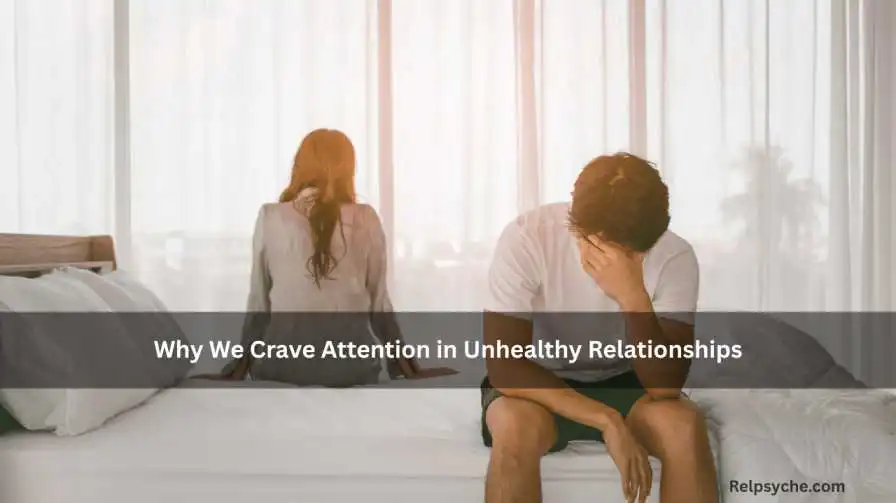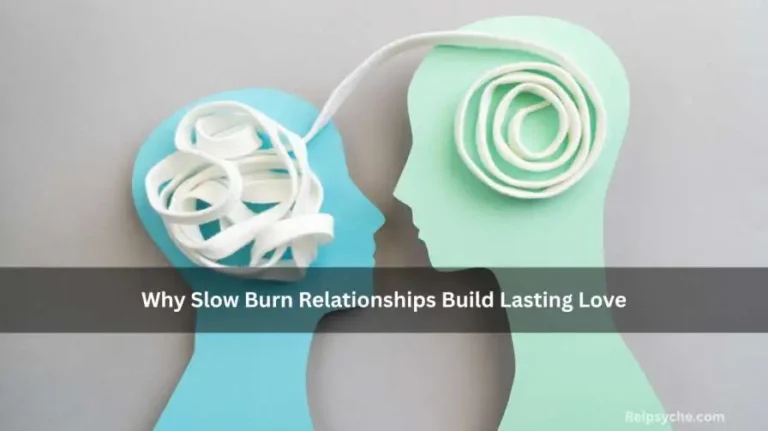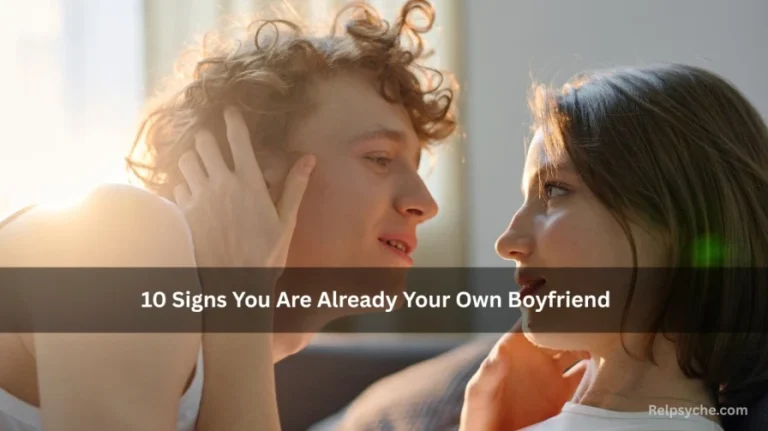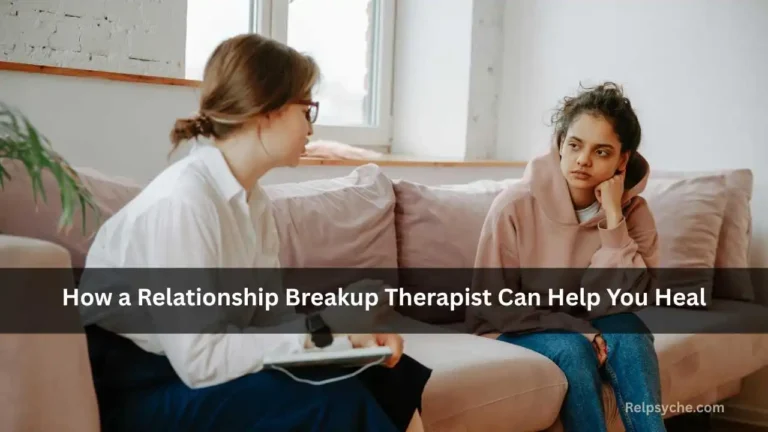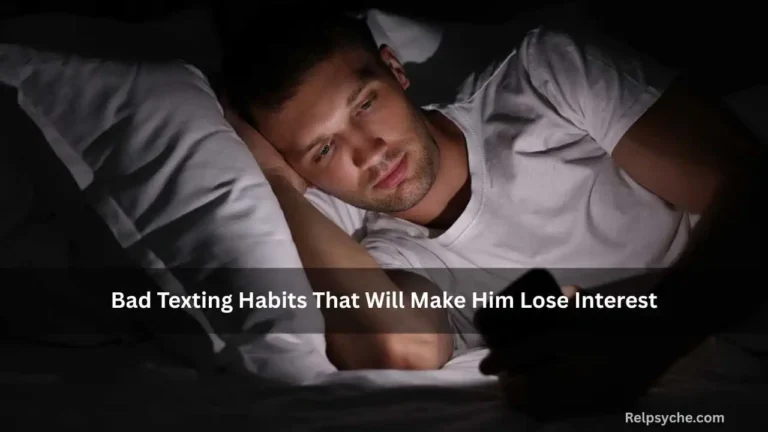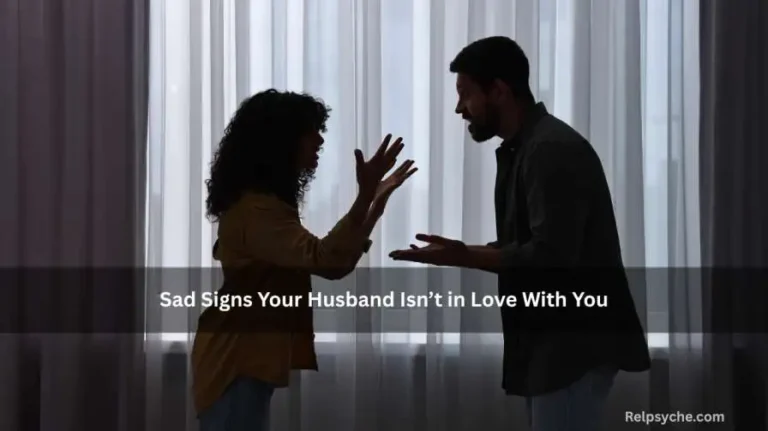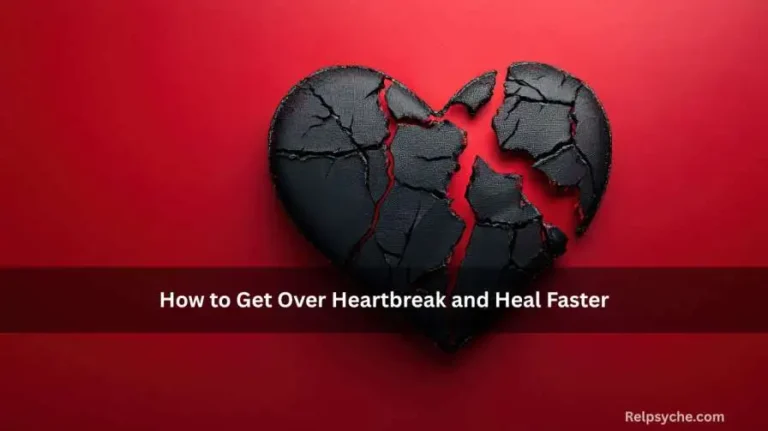Why We Crave Attention in Unhealthy Relationships
Why do we crave attention in unhealthy relationships—even when we know they’re hurting us? This is a question many people quietly ask themselves. Maybe you’ve been in a relationship where you were not treated well. Still, you found yourself hoping for a message, a look, a compliment—anything to feel noticed.
This craving doesn’t make you weak. It makes you human. When we crave attention in unhealthy relationships, it often has deep emotional roots. These feelings are usually tied to our childhood, our fears, and our self-worth.
Let’s explore the real reasons behind this craving and how it can trap us in toxic cycles.
Table of Contents
1. The Deep Need to Feel Loved
One of the biggest reasons we crave attention in unhealthy relationships is our basic need for love. Humans are wired to connect and feel loved. From the time we are babies, we want to be seen, held, and cared for. As we grow up, that need doesn’t go away.
In an unhealthy relationship, love may come in small pieces. A kind word, a hug, or even just a text message can feel like a big deal—especially when you’re starved for real emotional connection. These small moments make you hold on, even when the rest of the relationship is painful.
2. Low Self-Esteem and Self-Worth
Low self-esteem plays a major role in why we crave attention in unhealthy relationships. When you don’t feel good about yourself, you may believe you don’t deserve real, healthy love. So when someone gives you even a little attention, you grab onto it.
You may think, “I’m lucky they even care this much” or “No one else will want me.” These thoughts are lies your inner critic tells you. But they keep you in a cycle of chasing after unhealthy love, hoping it will fill the empty space inside.
3. Fear of Being Alone
Loneliness can feel worse than being in a toxic relationship. That fear keeps many people stuck. When you’re afraid of being alone, even painful attention can seem better than no attention at all.
People might think, “At least I have someone. At least I’m not alone.” But being with someone who drains you emotionally is often lonelier than being by yourself. Still, this fear of solitude makes us crave attention in unhealthy relationships.
4. Trauma and Childhood Wounds
Our early life shapes how we see love and relationships. If you grew up in a home where love was mixed with pain, yelling, or emotional distance, you may have learned that love comes with suffering.
As a result, unhealthy attention feels familiar—even comforting. You might not even realize it’s wrong because it feels like “normal” love. Childhood trauma teaches the brain that chaos is love. So when you get mixed signals from someone, you crave their attention more.
You might not crave attention because it’s healthy. You crave it because it matches what your nervous system was trained to expect.
5. The Addiction to Emotional Highs and Lows
Toxic relationships often have a pattern: everything is great, then everything is terrible. Then, just when you’re about to leave, the person gives you attention again. This is called a trauma bond.
The emotional highs feel so good because they come after a painful low. This creates a cycle where your brain starts craving that “reward” after the pain. It’s like gambling—you never know when the good moment will come, so you keep playing.
This creates emotional addiction. You become hooked on the hope that things will get better, even if they never truly do.
6. Trying to Prove Your Worth
Many people stay in toxic relationships because they are trying to earn love. You might think, “If I do more, love harder, be better—they will love me back the right way.”
This comes from a place of wanting to be “enough.” You crave attention in unhealthy relationships because that attention feels like proof that you’re worth something. Sadly, this turns love into a performance, not a safe space.
You start believing that if you just do more, you’ll finally be seen. But true love doesn’t need to be earned—it’s given freely, without pain or pressure.
7. Social Media and False Comparisons
Today, people post perfect pictures of their relationships online. Seeing others show off their romantic lives can make you feel like you’re missing something. So, instead of walking away from a toxic relationship, you stay. You hope for just one happy moment to share.
This comparison trap makes you crave attention in unhealthy relationships even more. You don’t want to feel left out or “behind” your friends who seem to have it all. But remember: most people only show the good parts, not the bad ones.
8. The Power of Hope
Sometimes, the person we’re with wasn’t always toxic. Maybe they were kind and loving in the beginning. So we hold onto hope that they’ll go back to being that way.
We tell ourselves:
- “They’re just stressed.”
- “They’ll change.”
- “It’s my fault things are like this.”
Hope is powerful. It can keep us stuck in relationships far longer than we should stay. That hope makes us crave attention in unhealthy relationships because we believe love is just around the corner—even when all the signs say otherwise.
9. You’ve Been Taught to Settle
Some people were never shown what real, healthy love looks like. They grew up in homes where silence, yelling, or neglect was normal. So when they enter adult relationships, they accept those patterns again.
They crave attention not because it’s good, but because it’s all they’ve ever known.
Unlearning those patterns takes time, healing, and often support from a therapist. But it’s possible. You don’t have to settle for the love you were shown—you can choose a better kind.

Conclusion
If you crave attention in unhealthy relationships, it’s not because you’re broken. It’s because you’re human—and your emotional needs were never fully met. But you don’t have to stay in that cycle.
You deserve love that doesn’t confuse you. Love that doesn’t hurt. Love that feels safe, calm, and true.
The first step is recognising your patterns. The second is learning to love yourself enough to walk away from anything that feels less than peace.
For personalized support on your journey to self-improvement, explore therapy options at psychologyorg.
If you want to read more articles similar to crave attention in unhealthy relationships, You Need to Know we recommend that you enter our Relationships category.
FAQs
Q1: Is craving attention a sign of weakness?
No. It’s a sign that your emotional needs matter and are not being met in a healthy way.
Q2: How do I stop craving attention in a toxic relationship?
Start by building self-love. Seek therapy if possible. Set boundaries and surround yourself with supportive people.
Q3: What’s a trauma bond?
A trauma bond is a strong emotional connection formed through repeated cycles of pain and reward, often seen in toxic relationships.
Q4: Can a toxic relationship become healthy again?
It’s rare. Real change takes deep work from both people. If only one person is trying, it’s unlikely to get better.

I’m Emma Johnson, a psychologist who loves to write and share ideas.
I enjoy making psychology simple so everyone can understand and use it in daily life.
If you’d like to talk, ask questions, or work together, feel free to reach out.
Let’s learn and grow in the world of psychology together!

